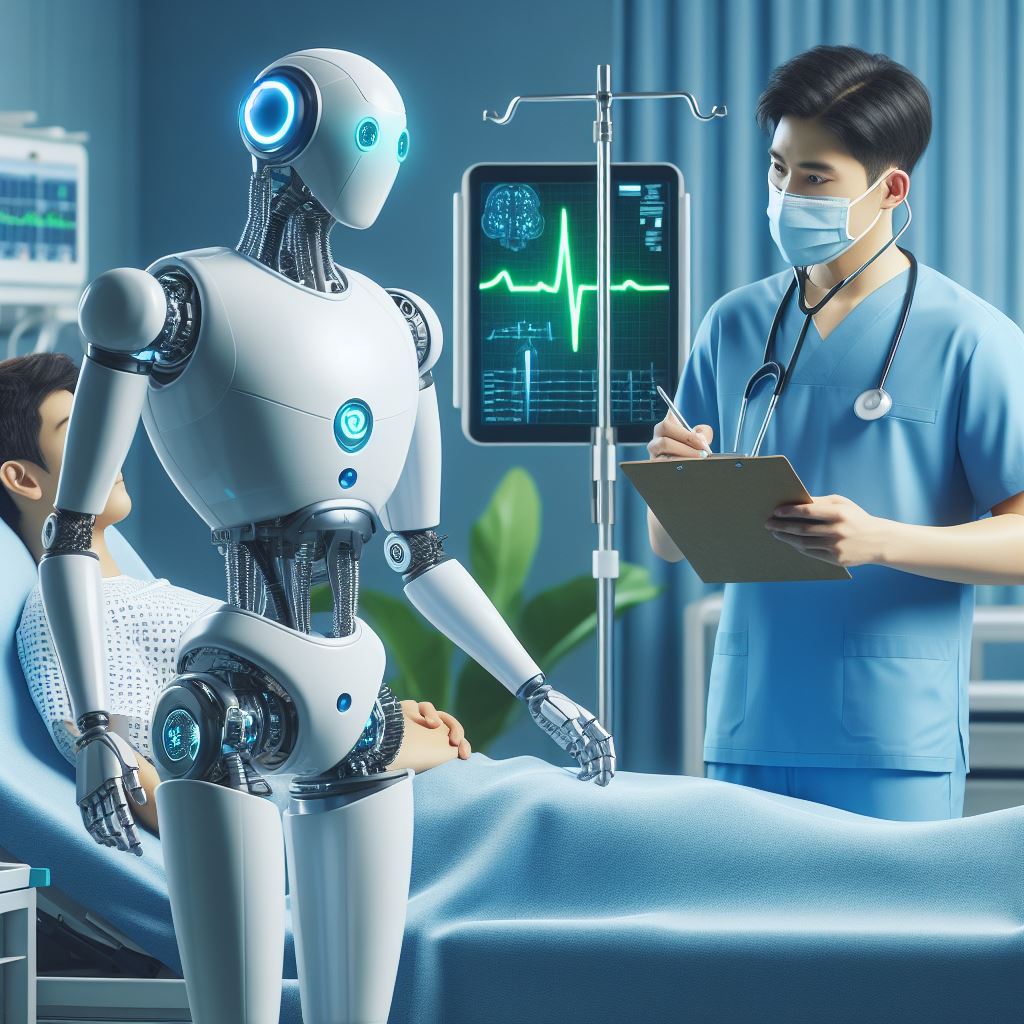
The Promise of GenAI in Healthcare
Generative artificial intelligence (GenAI) tools like ChatGPT have excited the healthcare sector since their public release in late 2022. The sector sees GenAI’s potential to improve quality, efficiency, equity, and patient experience. This is especially important in a sector riddled with preventable errors, inconsistent care access, and frequent inequities.
The Productivity Paradox in Information Technology
However, it’s essential to temper the optimism surrounding GenAI with a healthy dose of scepticism. This is due to the “productivity paradox of information technology,” a phenomenon where promising technologies initially fail to deliver on their promise of improving productivity. Healthcare’s recent experience with digital transformation, primarily through the implementation of electronic health records (EHRs), has closely followed this model.
Overcoming the Paradox: GenAI in Healthcare
While the productivity paradox presents a significant challenge, there are unique aspects of both GenAI and healthcare’s current context that may help address these issues. If these challenges are effectively addressed, GenAI may deliver on its promise in healthcare within a few years, instead of decades.
Generative Artificial Intelligence in Healthcare
Before exploring the potential of GenAI in resolving the productivity paradox, it’s crucial to understand how the paradox has manifested itself with prior healthcare technologies. The struggle to implement general-purpose technologies can be rewarding: since the Industrial Revolution, these technologies, including the steam engine, electricity, computers, and now perhaps AI, have been the most significant drivers of sustained productivity growth.
The Challenges of Digital Implementation in Healthcare
The prior failures of AI in healthcare and the bumpy first decade of the EHR era underscore the unique challenges that the healthcare sector presents to digital transformation. These challenges include stringent regulations, a highly concentrated market for EHRs, a multitude of players in the healthcare sector, messy and variable data, a rapidly evolving field, and high stakes that do not tolerate flaws in the output of IT tools.
Will GenAI Overcome the Productivity Paradox in Healthcare?
Despite the productivity paradox of IT being commonplace in many businesses and the underwhelming performance of AI in healthcare to date, there are reasons to believe that GenAI will lead to productivity and/or quality gains more quickly than those achieved by previous tools and in previous eras.
The Capacity of the Healthcare System to Reinvent the Work
To reap the benefits of GenAI, we must significantly alter our work design. Healthcare leaders now demonstrate increased proficiency in systems thinking, change management, and the significance of workforce training and culture. This makes the sector more equipped than before to implement these changes.
Potential Cost Savings of AI in Healthcare
The potential of AI to generate significant cost savings in healthcare is another factor that fuels the optimism surrounding its adoption. A recent analysis by economists at Harvard and the consulting firm McKinsey projected that the implementation of modern AI systems could lead to savings of 5% to 10% in healthcare spending (roughly $200-$360 billion per year in 2019 dollars).
We expect the main expenses to come from implementing operational efficiency, streamlining corporate responsibilities, and enhancing reimbursement procedures. If genAI succeeds in promoting high-value, evidence-based care through effective clinical decision support, the savings could be even larger. We predict that general artificial intelligence will first win in the healthcare industry by tackling areas of waste and administrative friction. These areas include creating physician notes, scheduling patient appointments, and sending a bill or a request for prior authorisation to an insurance company.
In conclusion
The application of GenAI in medicine is likely to cause the productivity paradox in IT, but because of the special qualities of the healthcare ecosystem, the sophistication of digital tools, and the organisational ability to adopt complementary innovations, it is likely that GenAI will improve healthcare faster than earlier technologies.
